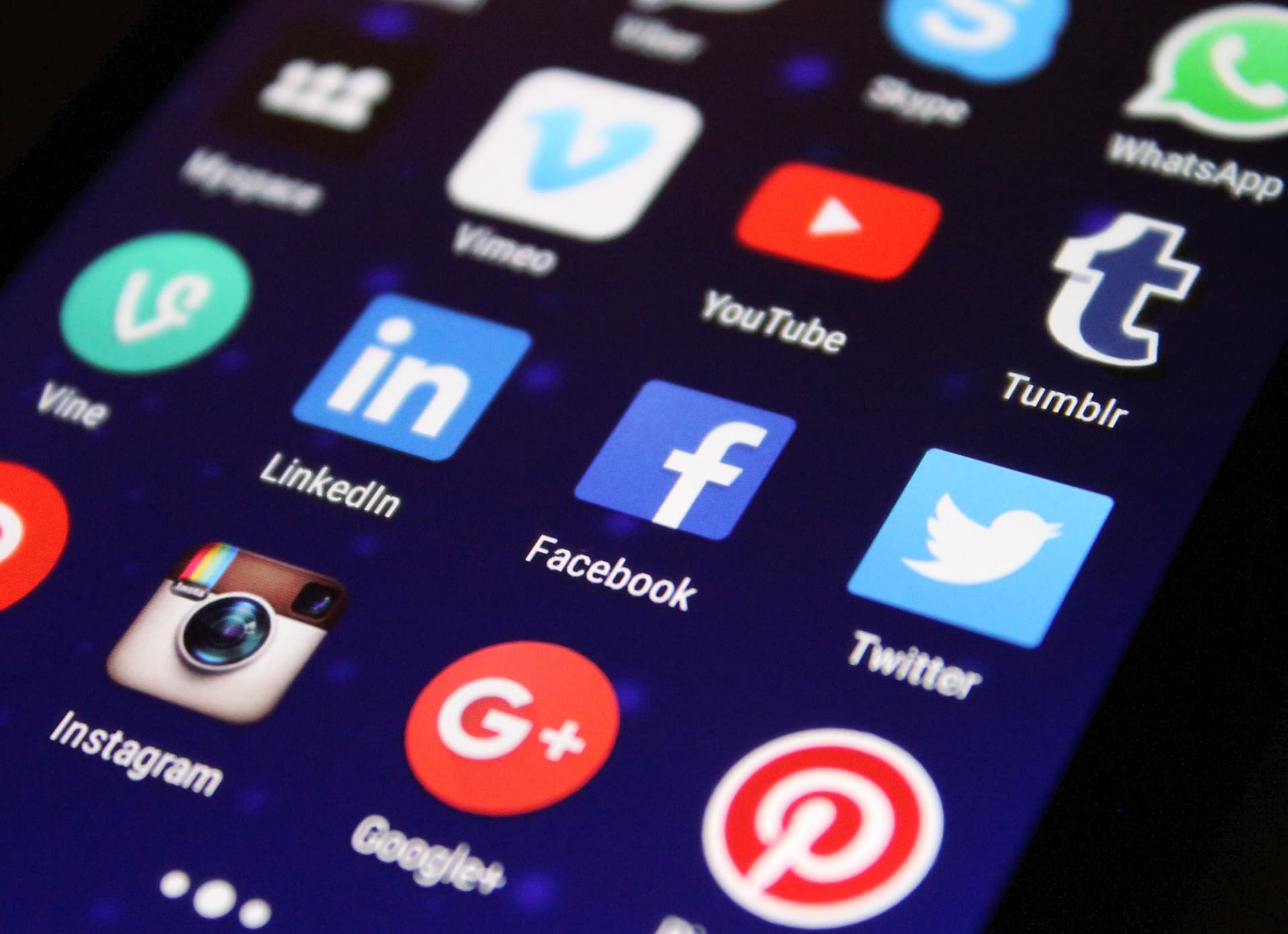Feedback Loop
Speaking at a recent event at the Stanford Graduate School of Business, Chamath Palihapitiya – a former vice president for user growth at Facebook – expressed a concern that social media platforms have become "tools that are ripping apart the social fabric of how society works."
Palihapitiya brought up the example of a WhatsApp hoax campaign in India that led to a string of lynchings. However, new technology is also having more subtle effects on the way that we interact with one another.
“The short-term, dopamine-driven feedback loops we’ve created are destroying how society works,” said Palihapitiya, according to a report from The Verge. Interactions such as 'liking' a photograph or 'favoriting' a tweet are perhaps more about short-term gratification than the basis for meaningful communication and relationships, Palihapitiya suggested.
"I think that Pallhapitiya points out a very real issue regarding social media and immediate gratification," said Lizbeth M. Kim, a doctoral candidate in social psychology and women’s, gender, and sexuality studies at Penn State whose research looks at social media, to Futurism. "I view his message as an important reminder of the part of the picture that we may often willfully ignore."
She emphasized that today's social media platforms allow for anyone's message to be heard, amplified, and given credibility. This can allow for anything from small-scale cases of cyberbullying to much broader harassment campaigns to take root.
We've seen that terrorist groups have used the likes of Twitter, Facebook, and YouTube in an attempt to attract new recruits. Smartphone usage has been linked to teen depression and suicide, although there are now attempts to use artificial intelligence to watch out for users who might be at risk.
Like any kind of new technology, the impact of social media is a reflection of its user base. There's always a capacity for people to misuse the tools that are available to them – but there are also very real benefits if used positively.
Social Hierarchy
"While there is increasing public attention placed on the 'dark side' of social media, in my work, I’m curious about what happens when people try to use social media platforms for the greater good," said Kim.
Social media has all kind of benefits, like making useful information available to the general public, helping to build communities, and allowing for links between different social groups. However, people's overt behavior on social media is only one part of the equation – the reactions to that behavior should also be taken into account.
Kim performed a study where subjects were shown a fictitious comment thread where one user confronted another for making a sexist comment. Responses to that thread proved to be different depending on whether the person doing the confronting was male or female, with the latter being perceived as less likable and more angry.
"People who saw the female confronter perceived the sexist perpetrator as more credible compared to when seeing the male confronter," said Kim. "So, the same altruistic online behavior can be perceived differently based on subtle cues and stereotypes about identity and credibility."
There are distinct differences between the way we interact with one another in person, and the way we communicate online. When we can disassociate the individual from their social media account, it's easier to mistreat people, ranging from minor misdeeds to more serious transgressions.
"It is difficult to make a singular claim about the effects of social media on modern-day relationships," said Kim. "As time goes on and more research is done to examine this, I think we will have a more nuanced idea about the specific features and activities built into websites like Facebook that are contributing to these positive and negative outcomes."
It's important to remember that social media is still a relatively new phenomenon, even though it's become a huge part of everyday life for lots of people. We're still learning about its effect on society at large – and it's important that we consider both the good and bad that come from it.
Share This Article
